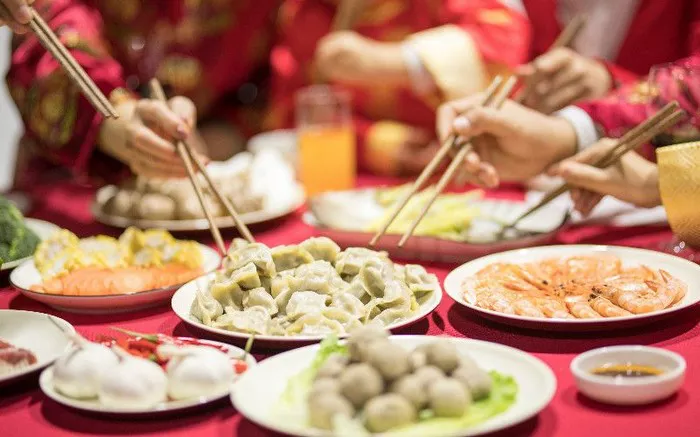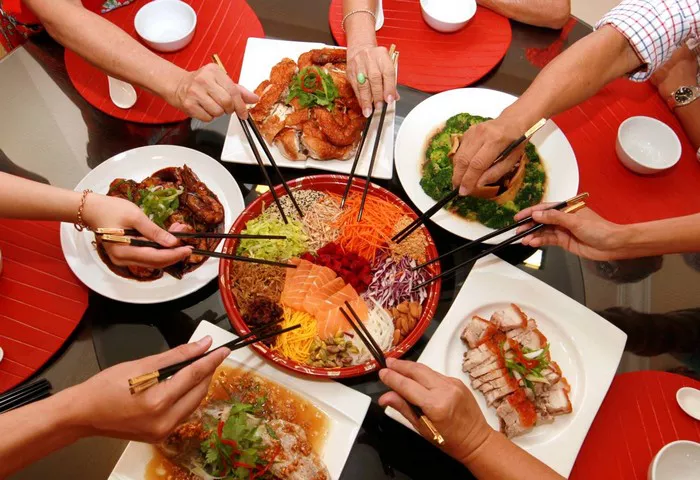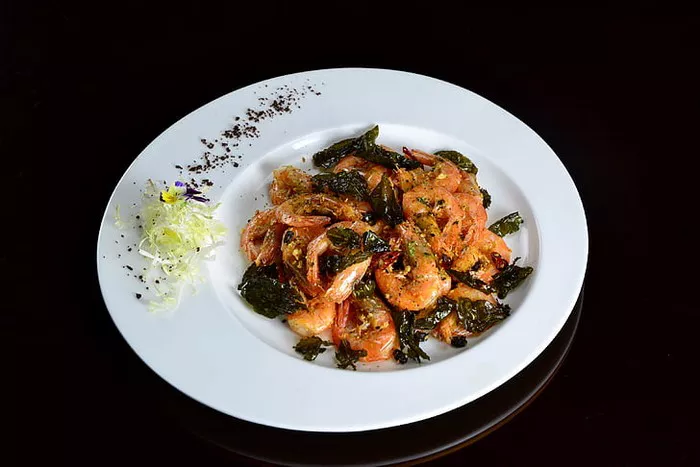Breakfast, often hailed as the most important meal of the day, varies significantly across cultures and regions. In China, breakfast is a fascinating journey into a world of diverse flavors, textures, and culinary traditions. From steaming bowls of congee to savory pastries, Chinese breakfast offerings are as vast and vibrant as the country’s rich history. In this article, we’ll delve into the captivating world of Chinese breakfast cuisine, exploring its popular dishes, regional variations, and cultural significance.
Diversity in Chinese Breakfast
China’s vast geography and cultural diversity have given rise to a wide range of breakfast options that cater to different tastes and preferences. While the specifics of breakfast offerings can vary greatly from one region to another, certain staples remain popular throughout the country.
1. Congee: The Comforting Rice Porridge
A cornerstone of Chinese breakfast cuisine, congee, also known as rice porridge, is a warm and comforting dish enjoyed across the nation. The basic recipe involves cooking rice in an abundance of water or broth until it softens and thickens into a smooth porridge. Congee can be customized with various toppings, ranging from preserved vegetables and pickles to meats and seafood, depending on the region and personal preferences. It’s not only delicious but also easily digestible, making it a popular choice to start the day.
2. Jianbing: The Savory Breakfast Crepe
Originating from northern China, jianbing is a beloved street food that has gained popularity both domestically and internationally. This savory crepe is made from a batter of mung bean and wheat flour, spread thinly on a griddle. It’s then filled with a combination of ingredients like eggs, scallions, cilantro, and crispy fried wonton sheets. A dash of hoisin sauce and chili paste adds a burst of flavor, resulting in a delightful combination of textures and tastes.
3. You Tiao and Doujiang: The Classic Combo
In many parts of China, a classic breakfast consists of a pair of you tiao, deep-fried dough sticks, alongside a cup of doujiang, warm soybean milk. You tiao are elongated pieces of dough that are crispy on the outside and soft on the inside. They can be dipped in the creamy and slightly sweet doujiang, creating a harmonious contrast of flavors. This popular breakfast combination is simple yet satisfying, capturing the essence of traditional Chinese breakfast.
4. Baozi: Steamed Stuffed Buns
Baozi, or steamed buns, are another breakfast staple that comes in various shapes, sizes, and fillings. The dough is made from a mixture of wheat flour, yeast, and water, then filled with ingredients such as pork, vegetables, or red bean paste. These soft and fluffy buns are a perfect on-the-go option, offering a balanced combination of carbohydrates and proteins to kick-start the day.
Regional Variations: A Glimpse into Culinary Diversity
China’s vastness is mirrored in its breakfast offerings, with each region showcasing unique flavors and dishes. Let’s take a journey through some of the most iconic regional breakfast choices:
1. Dim Sum: Cantonese Delights
In the southern region of Guangdong, the vibrant tradition of dim sum takes center stage in breakfast culture. Dim sum refers to a variety of small, flavorful dishes that are often served with tea. From delicate dumplings filled with shrimp, pork, or vegetables to rice rolls and fluffy buns, dim sum offers an array of textures and flavors that cater to both the adventurous and the traditional palate.
2. Scallion Pancakes: Northern Crispy Delicacy
In the north, scallion pancakes are a popular breakfast option. These flaky and savory pancakes are made by layering dough with scallions, then frying until golden and crispy. They’re often enjoyed with a side of soy sauce or vinegar for dipping, making for a satisfying morning meal that’s both simple and delightful.
3. Lanzhou Beef Noodles: A Hearty Start
Moving west to Lanzhou, a bowl of beef noodles takes the spotlight in the breakfast scene. This dish features hand-pulled noodles served in a flavorful beef broth, often accompanied by tender slices of beef, scallions, and cilantro. Lanzhou beef noodles exemplify the idea that breakfast can be a hearty and fulfilling experience.
Cultural Significance of Breakfast
In Chinese culture, breakfast holds a special place beyond mere sustenance. It’s a time for family and community bonding, a reflection of regional traditions, and a showcase of culinary skills. The act of sharing a meal, even if it’s just a quick breakfast on the go, is deeply ingrained in Chinese society. Families often gather to enjoy a leisurely morning meal, discussing plans for the day ahead or simply catching up.
Moreover, breakfast offerings are often tied to cultural and historical practices. For instance, the concept of “sou” in Southern China refers to a small portion of rice that’s used to accompany various dishes during breakfast. This practice is believed to have its roots in ancient Chinese medicine, which suggests that consuming a small amount of grains before the day’s main meals aids digestion and energy distribution.
Adapting to Modern Times: Challenges and Changes
In recent years, rapid urbanization, changing lifestyles, and the influence of Western cuisines have led to shifts in Chinese breakfast habits. Traditional breakfast options still hold their ground, but convenience-driven choices like pre-packaged pastries, yogurt, and fast-food options have become increasingly popular, especially among younger generations and urban dwellers.
Despite these changes, there’s a growing movement to preserve and celebrate traditional breakfast culture. Street vendors, local eateries, and even upscale restaurants are embracing regional breakfast dishes, catering to both nostalgia-seeking locals and curious tourists. This movement showcases the resilience of Chinese culinary heritage and its ability to adapt to modern trends while retaining its essence.
In Conclusion
Chinese breakfast cuisine is a fascinating blend of history, culture, and flavor. From the comforting embrace of congee to the adventurous spirit of jianbing, each dish tells a story of regional diversity and culinary craftsmanship. Whether you’re savoring dim sum in Guangzhou or enjoying scallion pancakes in Beijing, Chinese breakfast is a journey that transcends taste buds, inviting you to explore the nation’s rich tapestry of flavors, one morning meal at a time.























